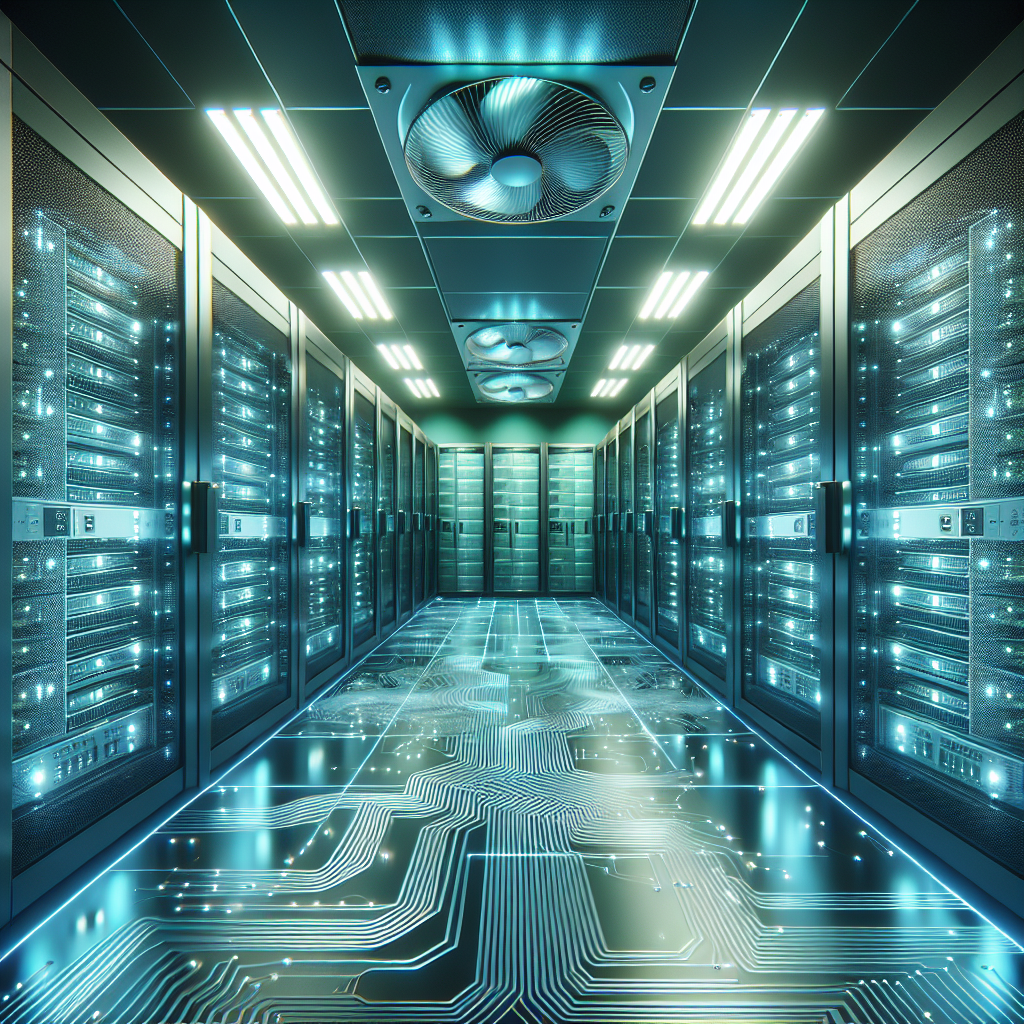The rapid evolution of technology has led to a significant increase in the demand for data centers worldwide. As businesses rely more and more on digital infrastructure to store and process data, the need for efficient and reliable cooling systems in data centers has become a top priority. HVAC (heating, ventilation, and air conditioning) systems play a crucial role in maintaining the optimal operating conditions for data centers, ensuring that equipment operates at peak performance and avoiding costly downtime.
In recent years, there have been several trends and innovations in data center HVAC systems that are shaping the future of this critical infrastructure. One of the key trends is the move towards more energy-efficient cooling solutions. As data centers continue to expand in size and capacity, the amount of heat generated by the equipment also increases. Traditional cooling systems consume a significant amount of energy, leading to high operating costs and environmental impact. To address this issue, data center operators are increasingly adopting more efficient cooling technologies, such as liquid cooling and indirect evaporative cooling, which can significantly reduce energy consumption and carbon footprint.
Another trend in data center HVAC is the adoption of intelligent and predictive maintenance solutions. With the rise of IoT (Internet of Things) technology, data centers can now collect and analyze vast amounts of data in real-time to monitor the performance of HVAC systems. By leveraging advanced analytics and machine learning algorithms, data center operators can proactively identify potential issues before they escalate into costly failures, optimizing the performance and reliability of cooling systems.
Furthermore, the rise of edge computing has also impacted the design and requirements of data center HVAC systems. Edge data centers are located closer to end-users, reducing latency and improving the overall user experience. However, these facilities often have limited space and resources, making it challenging to deploy traditional cooling solutions. To address this challenge, data center operators are exploring innovative HVAC technologies, such as modular cooling units and heat exchangers, that are compact, scalable, and easy to deploy in edge environments.
Overall, the future of data center HVAC is moving towards more energy-efficient, intelligent, and adaptable solutions that can meet the evolving demands of the digital economy. By embracing these trends and innovations, data center operators can ensure the optimal performance and reliability of their cooling systems, while also reducing costs and environmental impact. As the demand for data centers continues to grow, the importance of efficient HVAC systems will only become more critical in supporting the digital infrastructure that powers our modern world.


Leave a Reply